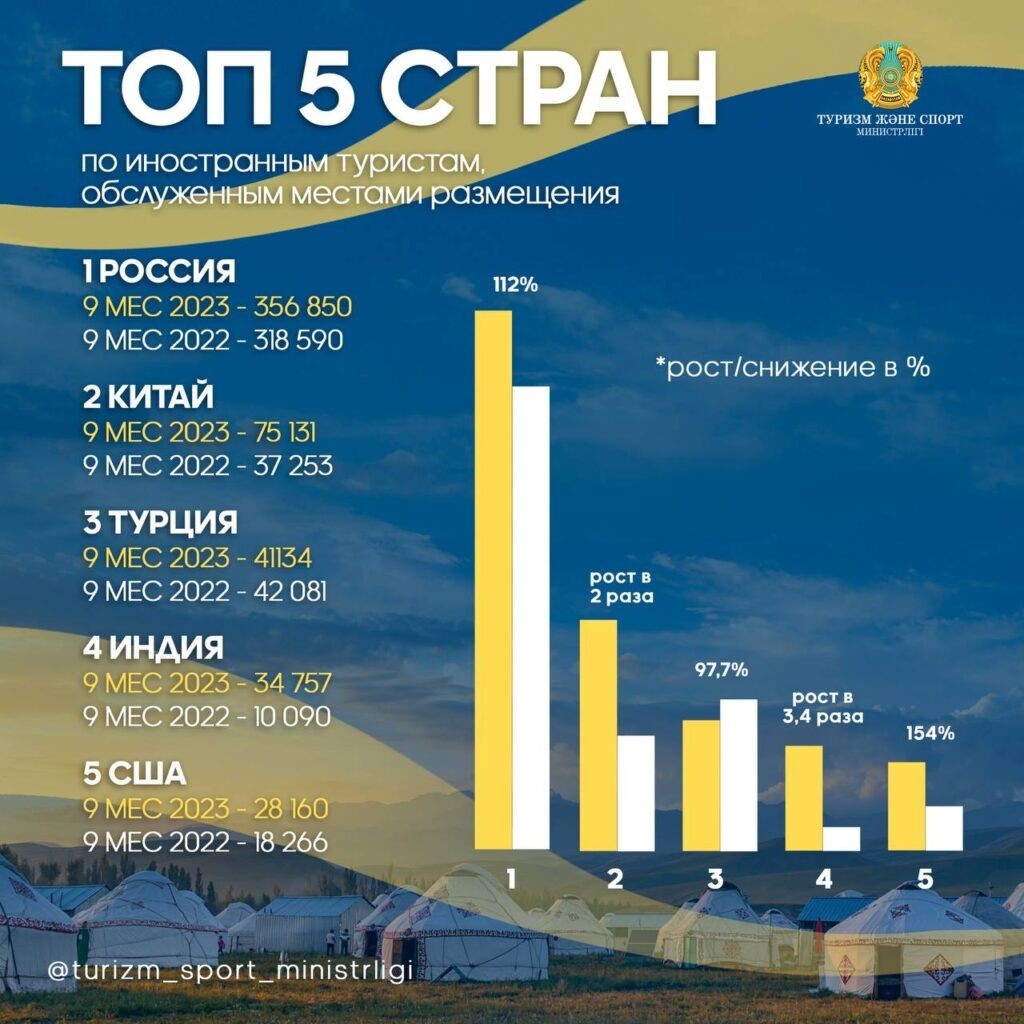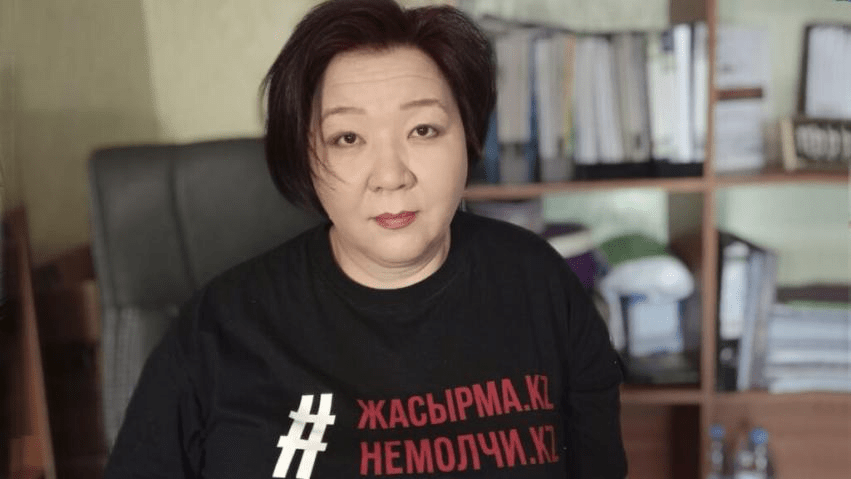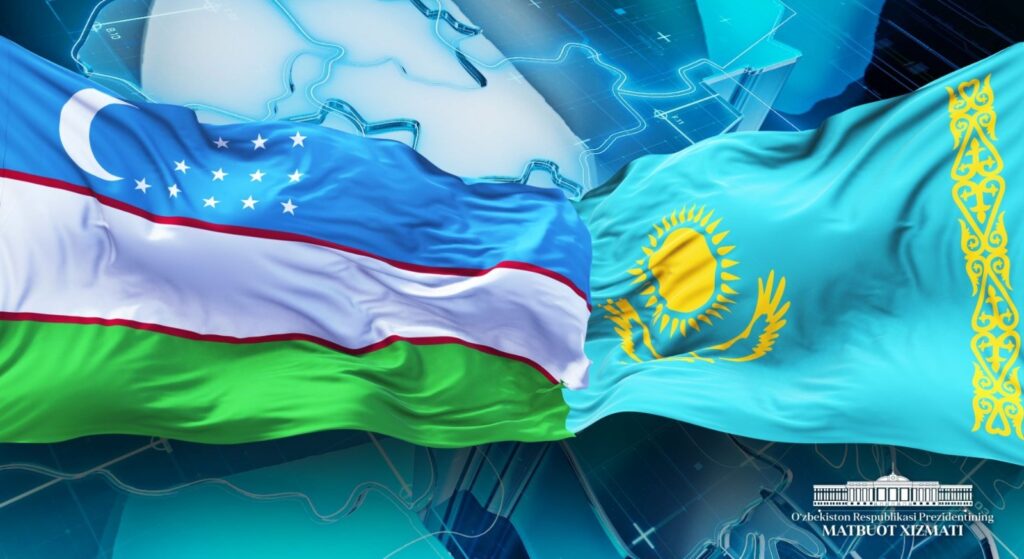In a recent development, Dina Tansari, the head of the public foundation "NeMolchi.kz," has found herself at the center of six criminal cases, two of which involve allegations of fraud, according to the Ministry of Internal Affairs. Tansari, also known as Dinara Smailova, stands accused of disseminating false information, infringing upon privacy rights, and engaging in fraudulent activities, as outlined by the police investigations. The foundation she leads, "NeMolchi.kz," primarily focuses on advocating against violence targeting women and children in Kazakhstan. However, investigations have revealed alleged discrepancies in Tansari's actions. Forensic examinations indicate a tendency in her publications toward accusatory tones, built solely on subjective perspectives, as stated by authorities. Moreover, reports suggest that since 2021, while residing outside Kazakhstan, she used social media to solicit funds supposedly intended to aid victims of violence. One notable incident involves the publication of misleading information in April 2023 about the alleged suicide of a girl in Ust-Kamenogorsk. Tansari's subsequent posts expressing condolences and mistrust of police statements were deemed false. Consequently, these actions led to a criminal case based on the charge of hooliganism and injury to a minor, which was forwarded to court. Despite these circumstances, Tansari initiated a fundraising campaign purportedly for the victim's legal counsel, amassing over 20 million tenge ($44,000). However, only a fraction was utilized for the intended purpose. An analysis of financial data, sanctioned by the court, disclosed that funds intended for the foundation were diverted to Tansari's husband's personal account and spent on her personal expenses abroad, violating laws governing non-profit organizations. This turn of events led law enforcement to place Tansari on the wanted list on December 27th. In response, she expressed her concerns on Instagram, highlighting that seven individuals were victims in her case and appealing for support from the people of Kazakhstan. Previously, Tansari reported the fund's accounts being blocked in November, and faced accusations of fraud by the East Kazakhstan police in early December. Subsequently, she and her husband, Almat Mukhamedzhanov, sought political asylum in Europe, claiming persecution due to NeMolchi.kz's activities. Established in 2017, "NeMolchi.kz" focuses on addressing violence against women and children in Kazakhstan through donations. Despite the recent controversy, the foundation has been active in initiating criminal cases against 81 alleged rapists over the past five years. The foundation offers a diverse array of support to victims, spanning legal, psychological, and medical aid, alongside educational initiatives and legislative advocacy for victim protection. While Tansari's current predicament unfolds, the legacy of "NeMolchi.kz" in aiding victims and fighting against violence remains a significant aspect of its ongoing mission, both within Kazakhstan and across various neighboring countries.








